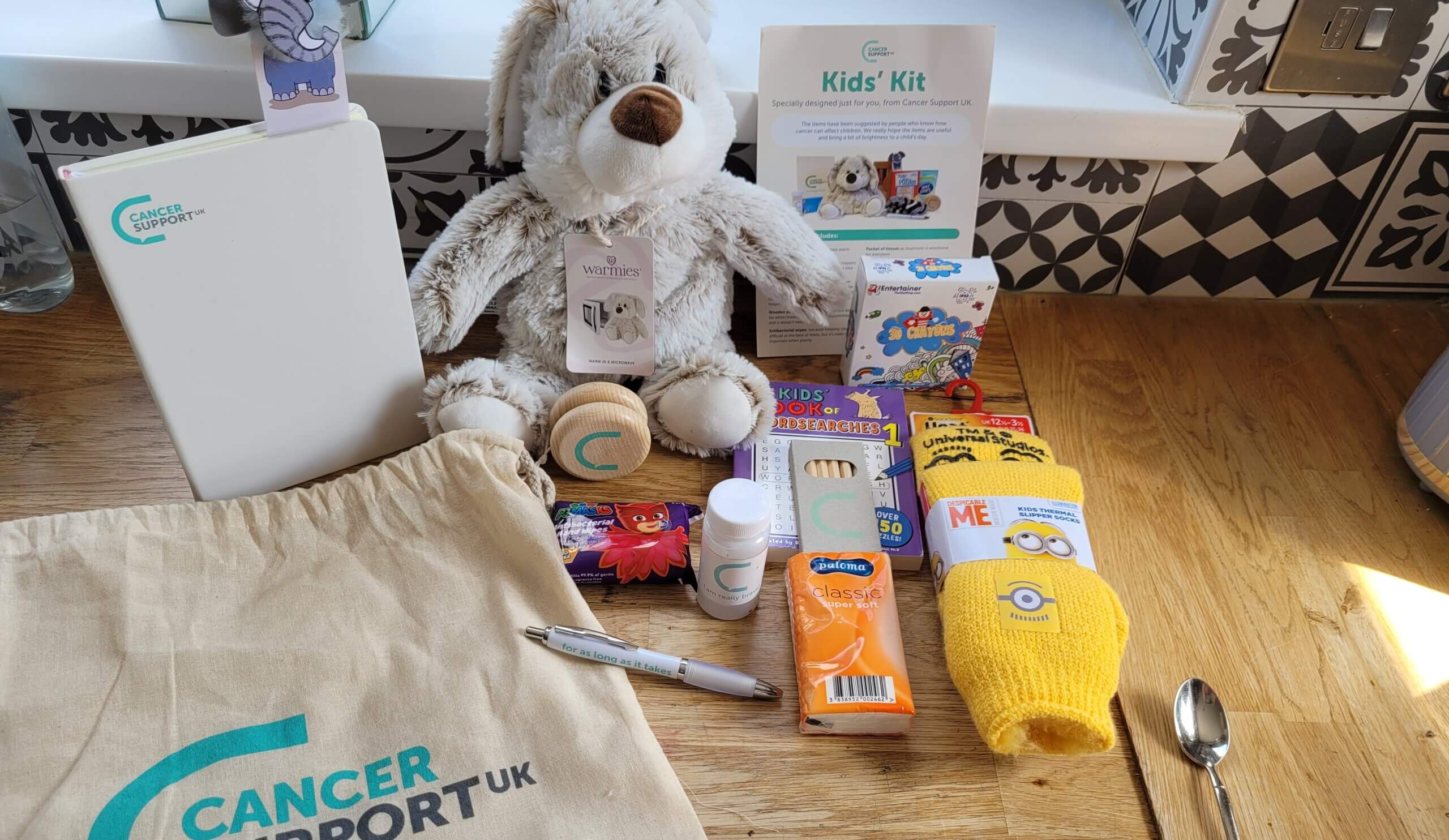
(Left to right) Paul Vose (YCC Treasurer), Jill Long( YCC Engagement & Communications Officer), Emma Kennedy-Cox (Cancer Support UK Trust Manager) and Louise Escott (YCC trustee) kneeling, Ric Myers (YCC Cancer Champion and prospective trustee), Dr Stewart Manning (YCC Chair), Richard Midgley (YCC trustee), David Blunt (YCC trustee)
National cancer charity Cancer Support UK has announced it will be working closely with the Yorkshire Cancer Community in a new collaborative relationship, which will ultimately benefit the lives of people living with and beyond cancer in Yorkshire.
The partnership will see Yorkshire Cancer Community, which is a support and information network for people affected by cancer in Yorkshire and the Humber, help raise awareness of Cancer Support UK’s innovative services among beneficiaries across the district.
Cancer Support UK is training Yorkshire Cancer Community’s staff, trustees and Cancer Champion volunteers, and has already held introductory sessions to Cancer Support UK’s Cancer Coach peer support group programme. This pioneering service, developed by cancer patients, is available free to individuals who have completed their cancer treatment.
Cancer Support UK is committed to providing 10,000 Cancer Coach places within the next three years. This will ensure that the 78% who say they need more emotional support post treatment receive the help they need to move forwards with their lives.
In addition, Yorkshire Cancer Community colleagues are being trained as Workplace Cancer Support Ambassadors. This is a new workshop developed to give individuals within organisations the tools, strategies and knowledge with which to provide emotional support to colleagues affected by cancer.
Cancer Support UK is committed to training 10,000 Workplace Cancer Support Ambassadors, to provide further emotional support to an estimated one million people impacted by cancer.
Jill Long, Yorkshire Cancer Community Engagement & Communications Officer, commented on the Workplace Cancer Support Ambassador training, saying:
“A brilliant group with a diverse range of backgrounds, which helped to make the session. Very well facilitated and very enjoyable. Lots of ideas to present to our own volunteers for how to support others.”
Dr Stewart Manning, Chair of Yorkshire Cancer Community, said:
“I have had a close association with cancer throughout my life, not only as a working GP in Leeds for 36 years, but also dealing with friends and family suffering from cancer. In my experience, with cancer patients, mental health issues often arise in the immediate post treatment period. Patients often feel flat and find it difficult to react to family and friends who are positive and encouraging. If the services offered by Cancer Support UK were available during my working years, I would have welcomed the opportunity to refer patients to their Cancer Coach programme.
“It is also clear to me that employees find it extremely difficult to give emotional support to colleagues diagnosed with cancer and undergoing treatment. People find it hard to talk about cancer. Cancer Support UK’s Workplace Cancer Support Ambassador course not only focuses on training employees in how to support colleagues facing cancer, but also teaches them how to look after themselves while delivering help to others, which can itself be stressful and difficult. We are delighted to be working closely with Cancer Support UK and promoting their services as widely as possible within the Yorkshire community.”
Mark Guymer, Chief Executive, Cancer Support UK said:
“We believe that no one impacted by cancer should suffer needlessly. So I would like to express my gratitude to Yorkshire Cancer Community for partnering with us on our journey to achieve our Cancer Coach and Workplace Cancer Support Ambassador commitments.
“When treatment finishes, cancer patients are faced with processing a multitude of powerful emotions, ranging from guilt at putting their loved ones through so much, to grief at the loss of their old selves. At least 92% of our Cancer Coach participants mention their fear of cancer recurrence and the ongoing challenges of managing this fear. This is why our Cancer Coach service is vital in giving them the space and tools to understand and manage their emotions, and move forwards with their lives.
“By 2030, there will be around one million people of working age living with cancer in the UK. 85% of people with cancer who were employed when diagnosed, say it was important for them to continue work after diagnosis. It is clear that there is a huge need for every organisation to do more to help the increasing numbers of people affected by cancer who want to remain or return to the workplace. We are here to help meet that need.”



